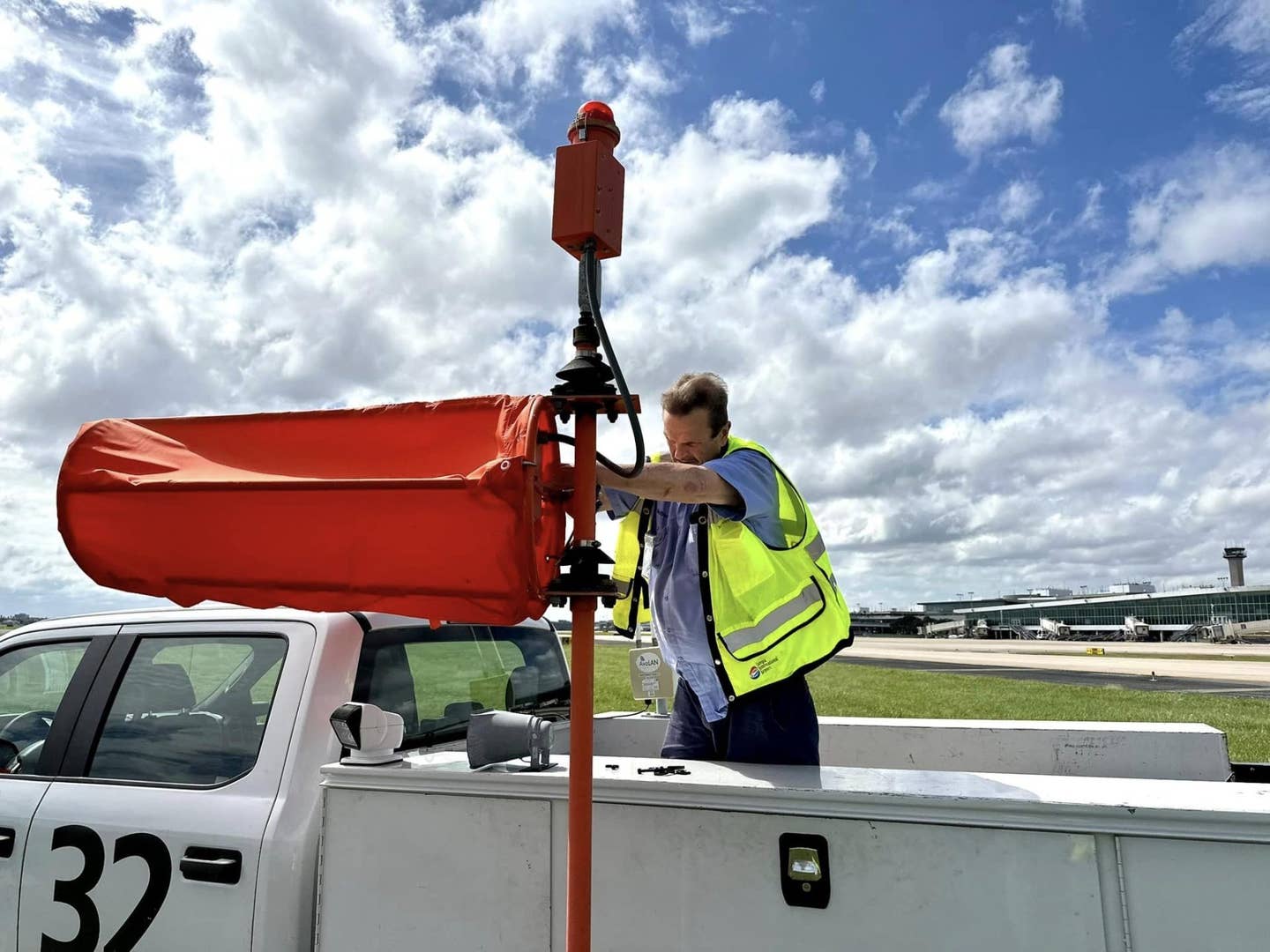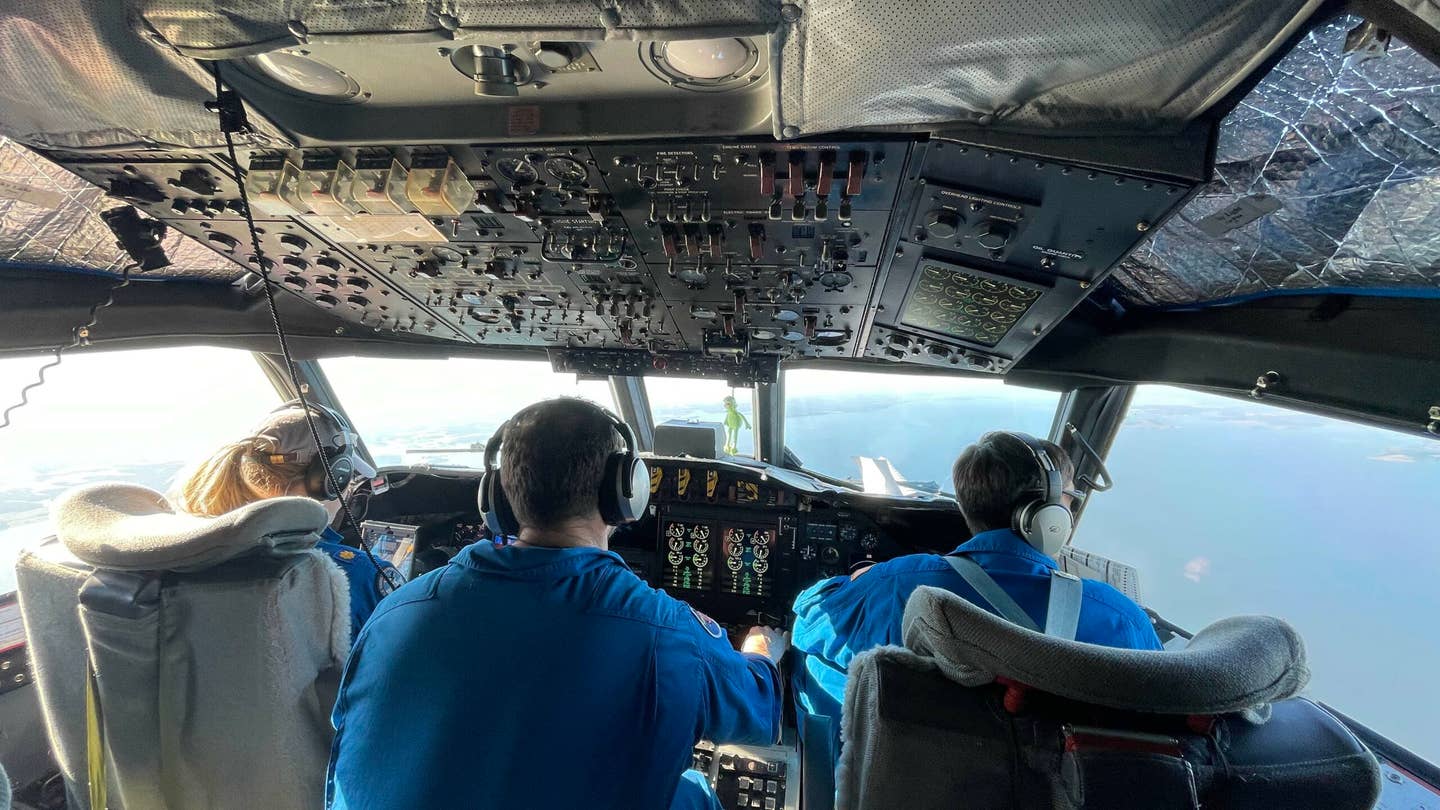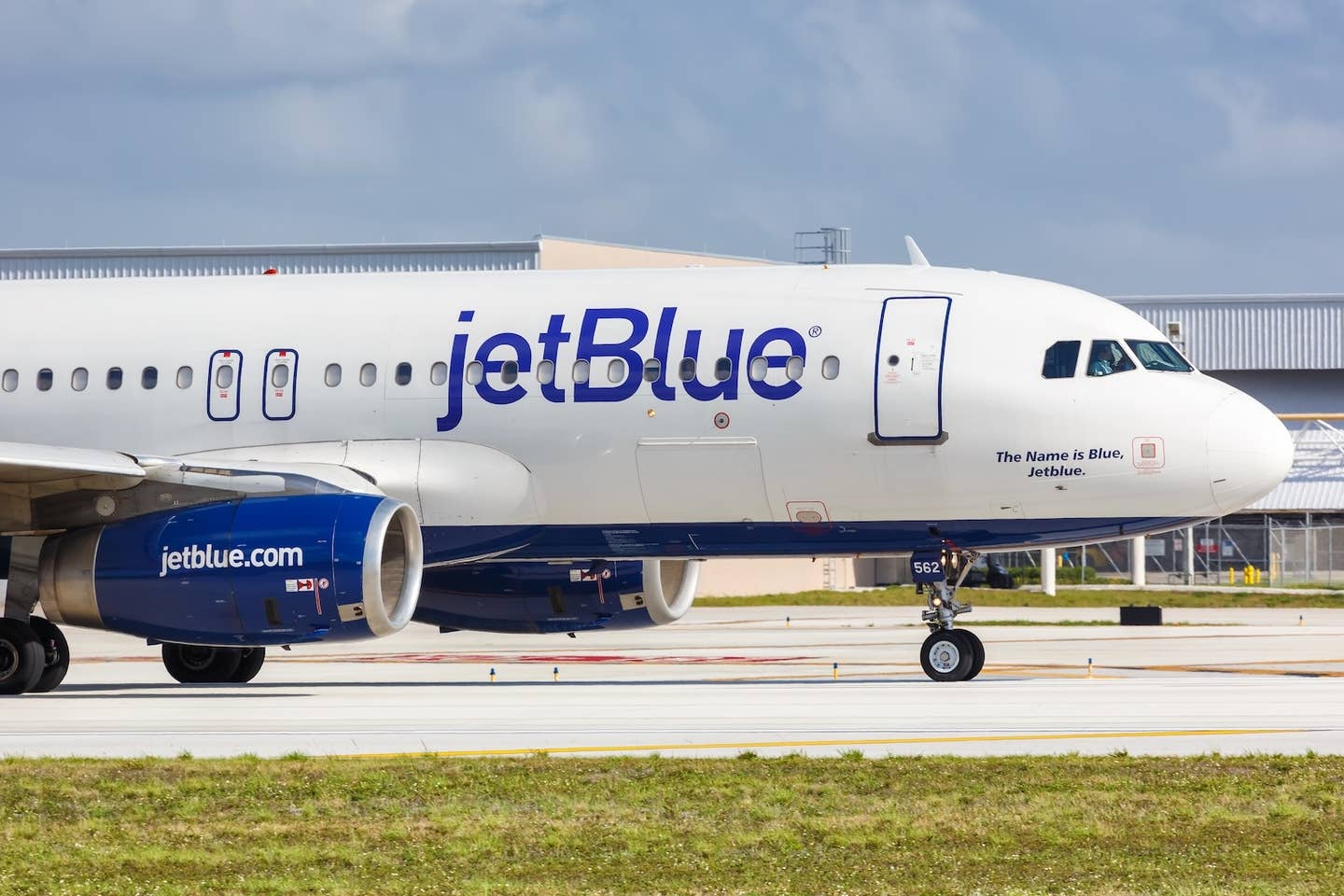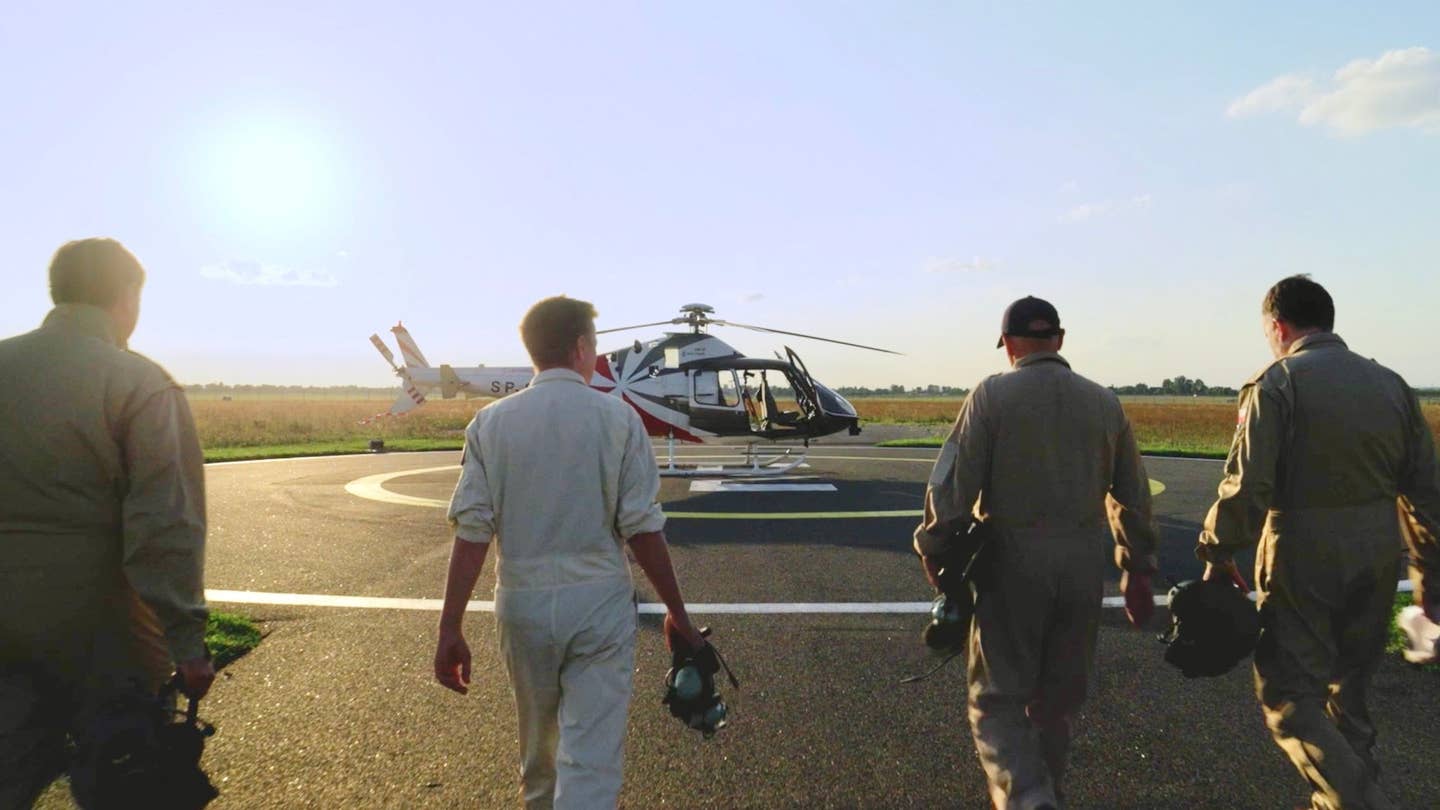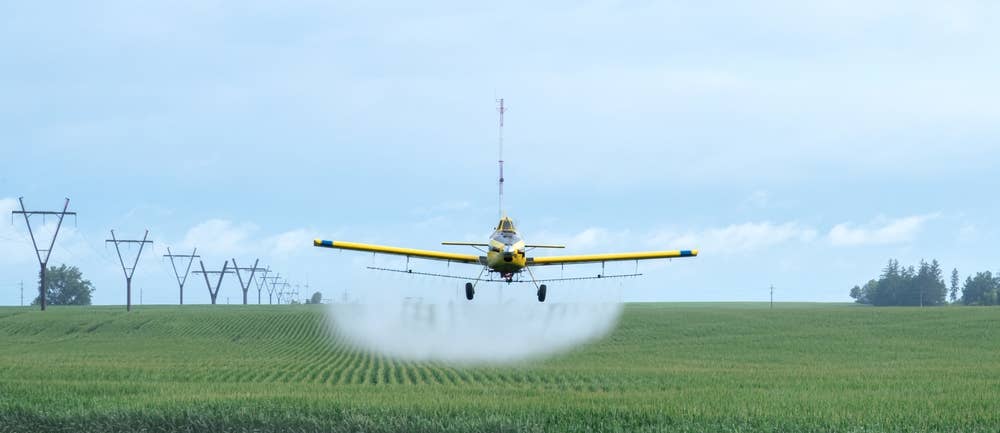
Embry-Riddle Aeronautical University’s Eco Eagle
_Being on the cutting edge in new aviation fuels and hybrid aircraft engines could provide unique and exciting career paths for students. In the area of alternative fuels, chemists, chemical engineers and mechanical engineers are just a few potential career positions. In the hybrid aircraft engines sector, there are a number of different careers in aeronautical and metallurgical research and development, as well as positions for mechanical engineers. With the future of aircraft propulsion in alternative fuels, career opportunities for aviation students will be varied and plentiful. _
Career Description: The future of aircraft propulsion lies in alternative fuels and hybrid aircraft engines: sustainable, clean power sources and motors that run on fuels ranging from plants to nuclear fusion. "This is transformational technology, though it doesn't exist today," says Dr. Richard Anderson, professor of aerospace engineering and director of Embry-Riddle Aeronautical University's Eagle Flight Research Center, who is among many with high expectations for the field. "It's not whether it will happen, but when it will happen," he says. The advances will demand a new generation of R&D specialists, creating a wealth of opportunities and exciting career paths students can prepare for today.
Skills Required: SAE International, a global association dedicated to developing technical standards for fuels and engines, foresees a need on the alternative fuels side for chemists, chemical engineers, mechanical engineers, and environmental and safety professionals, while hybrid aircraft engine R&D will require aeronautical, metallurgical and mechanical engineers. Jobs currently available are "highly variable and commensurate with skillset, type of degree, type of facility" and other factors, the SAE International's A4A (Airlines for America) Committee says.
Getting Training and Education: Questions about academic paths best suited to future careers "could start a fight in a faculty meeting," Dr. Anderson says, though they include fluid dynamics and structural analysis, along with electrical engineering with a specialization in high power electric motors or battery backup systems. (ERAU offers a graduate course in clean propulsion.) Sixty-five schools have aerospace engineering programs approved by the Accreditation Board for Engineering and Technology, which also recognizes 165 chemical, 307 mechanical, and eight metallurgical engineering programs.
Who's Hiring: Research into bio-derived jet-A fuel, which Anderson describes as "the holy grail" of alternative energy research, drives most current hiring in fuels research, with a greater number involved in hybrid engine work. Anderson says all turbine and piston OEMs have strong interest in the research, as do aircraft manufacturers. "The engine is radically different, so the airframes have to be different, and so the airframers are interested. Cessna, Beech, Learjet — you can just go down the list" of manufacturers. Boeing and Airbus are also heavily involved in alternative fuels research. Ph.D.-level grads are most in demand but employment statistics are indefinite.
Salaries: The National Association of Colleges and Employers pegs average starting salaries for graduates with Ph.Ds. in Electrical Engineering (EE) at more than $90,000, while the University of Texas at Austin Cockrell School of Engineering reports starting salaries for its EE Ph.D.s at $100,000-$140,000 in 2013-14 and $85,000-$116,000 for Chemical Engineering Ph.D.s.
**
Career Prospects:** Recent news of a compact fusion reactor under development at Lockheed's SkunkWorks and Boeing's ongoing biofuels research are among the signposts of the field's potential. Meanwhile, universities themselves are becoming hotbeds of technological advances. Energy companies including ExxonMobil are partnering with schools on research projects. ERAU students have developed a hybrid powered GA aircraft, the EcoEagle, and at the University of Colorado, a hybrid propulsion project to create "a flying Prius," in the words of aerospace engineering professor Dr. Jean Koster, has morphed into Helios Torque Fusion, a fledgling commercial developer of hybrid systems. Such advances are expected to accelerate. "We're at the dawn of this technology," says Professor Anderson.
**
**
Get exclusive online content like this delivered straight to your inbox by signing up for our free enewsletter.

Sign-up for newsletters & special offers!
Get the latest FLYING stories & special offers delivered directly to your inbox


